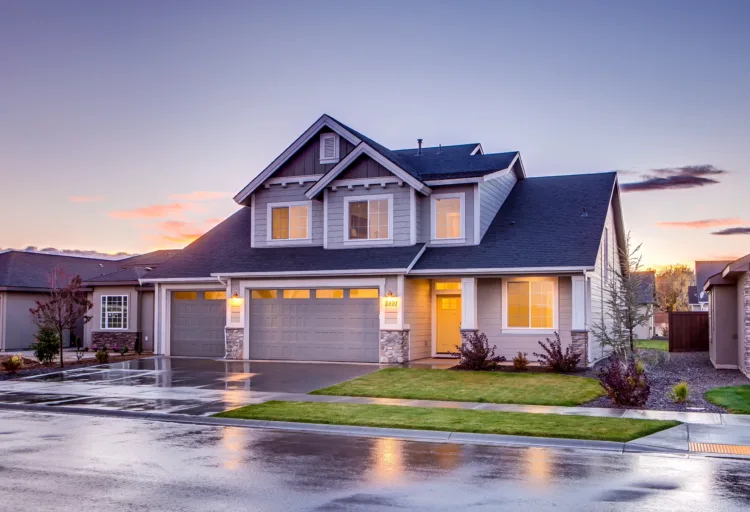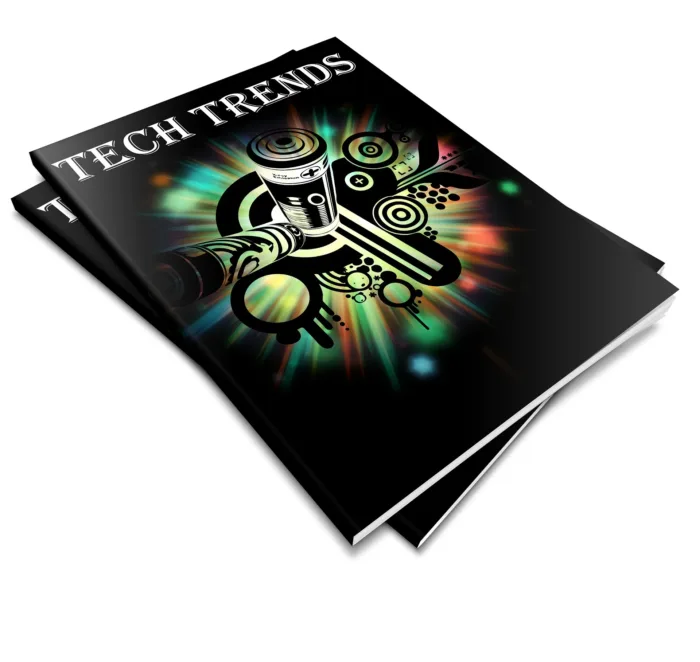Smart Homes and Privacy Concerns: Balancing Convenience and Data Protection
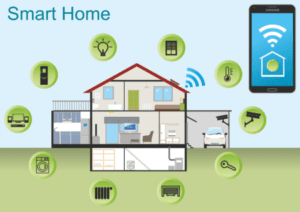 In recent years, the rise of smart home technology has transformed the way we interact with our living spaces. These connected devices offer unparalleled convenience, enabling us to control lighting, thermostats, security systems, and entertainment with a simple voice command or a tap on our smartphones. However, this technological advancement comes with its share of privacy concerns. As smart homes become increasingly prevalent, it is crucial to understand the advantages and potential risks associated with these devices and explore ways to protect personal data while enjoying the benefits of a connected home.
In recent years, the rise of smart home technology has transformed the way we interact with our living spaces. These connected devices offer unparalleled convenience, enabling us to control lighting, thermostats, security systems, and entertainment with a simple voice command or a tap on our smartphones. However, this technological advancement comes with its share of privacy concerns. As smart homes become increasingly prevalent, it is crucial to understand the advantages and potential risks associated with these devices and explore ways to protect personal data while enjoying the benefits of a connected home.
Advantages of Smart Home Devices
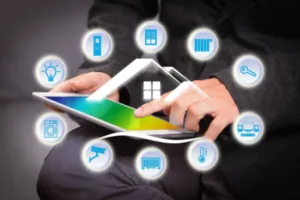
1. Enhanced Convenience: One of the primary advantages of smart home devices is the convenience they bring to our daily lives. By integrating various systems into a centralized platform, homeowners can control and automate tasks, reducing the need for manual intervention. This ease of use allows us to create personalized routines, making our homes more efficient and responsive to our needs.
2. Improved Energy Efficiency: Smart home devices can significantly contribute to energy conservation. From smart thermostats that optimize heating and cooling schedules based on occupancy patterns to energy-efficient lighting systems that adjust brightness and color temperature, these technologies help reduce energy wastage, ultimately benefiting both the environment and our wallets.
3. Enhanced Security and Safety: Smart home security systems offer peace of mind by allowing homeowners to remotely monitor and control their properties. With real-time video surveillance, motion sensors, and smart locks, users can respond to potential threats and even deter burglars. Additionally, smart smoke detectors and leak sensors provide early warnings for emergencies, minimizing damage and risks.
4. Personalization and Connectivity: Smart home devices are designed to adapt to individual preferences and habits. They can integrate with other smart devices, creating a seamless ecosystem that enhances connectivity and simplifies daily routines. This interconnectedness enables smart homes to become more responsive and intuitive, making life easier and more enjoyable for the occupants.
Privacy Concerns and Risks

1. Data Collection and Sharing: One of the most significant concerns surrounding smart home devices is the data they collect and share. These devices continuously gather information about users’ habits, preferences, and even sensitive data like sleep patterns and daily routines. While this data is often used to personalize experiences and improve device performance, it also raises questions about how securely this data is stored and who has access to it.
2. Cybersecurity Threats: As smart homes become increasingly interconnected, they create more entry points for potential cyberattacks. Weak security measures could make smart devices susceptible to hacking, leaving personal information, and even physical safety at risk. For example, a compromised security camera could be used to monitor residents without their knowledge or consent.
3. Invasion of Privacy: Smart home devices with cameras and microphones, like smart speakers and video doorbells, have raised concerns about privacy invasion. Unauthorized access to audio and video recordings could lead to serious breaches of privacy, affecting individuals and their families.
4. Data Breaches and Third-Party Access: Smart home devices are often connected to cloud-based services, and data breaches in these centralized servers could expose sensitive information to malicious actors. Moreover, some companies may share user data with third parties, raising concerns about data ownership and control.
Protecting Personal Data in Smart Homes
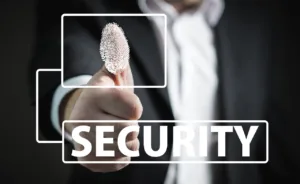
1. Strong Passwords and Authentication: The first line of defense against potential cyber threats is to ensure that all smart devices are protected with strong and unique passwords. Additionally, enabling two-factor authentication adds an extra layer of security, making it harder for unauthorized individuals to gain access to the devices.
2. Regular Software Updates: Manufacturers often release software updates that address security vulnerabilities and improve overall device performance. Regularly updating smart home devices with the latest firmware and security patches is crucial in maintaining their integrity and protecting against potential threats.
3. Network Security: Securing the home network is essential to safeguard smart devices. Using a robust firewall and enabling network encryption (WPA2 or WPA3) helps prevent unauthorized access to the network and its connected devices.
4. Minimize Data Sharing: Review the privacy settings on smart home devices and associated apps to limit data sharing and only permit essential data collection. Consider disabling unnecessary features that require access to sensitive information.
5. Choose Reputable Brands: Opt for smart home devices from well-established and reputable brands that prioritize user privacy and have a track record of implementing robust security measures.
6. Offline Operation: Consider using some smart devices in offline mode when possible, especially those that don’t require continuous cloud connectivity. This reduces the amount of data being transmitted and stored externally.
Smart homes offer numerous advantages, making our lives more convenient, energy-efficient, and secure. However, with these benefits come significant privacy concerns and potential risks associated with data collection and cybersecurity threats. To enjoy the convenience of a connected home without compromising personal data, users must take proactive steps to protect their privacy. Implementing strong security practices, minimizing data sharing, and being vigilant about software updates are vital in maintaining a balance between the benefits of smart home technology and safeguarding our personal information. By embracing smart home technology responsibly, we can create a secure and connected living environment for a more comfortable and efficient future.






